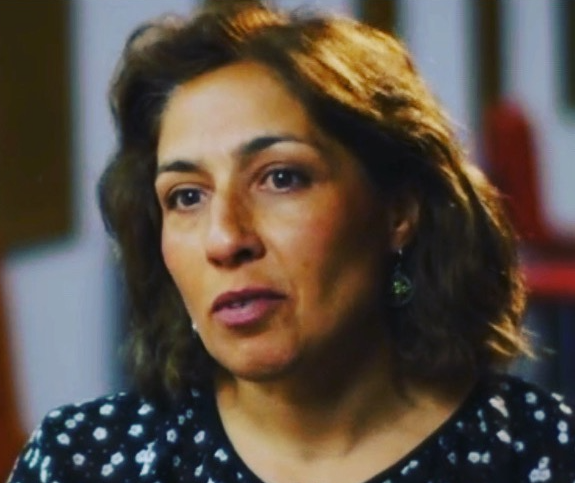Luis César Guimaraes-Oliva


Luís César Guimarães-Oliva is Professor in the Department of Philosophy at the University of São Paulo, Brazil. He holds a doctorate from the same university and a post-doctorate from Université Paris 1. A specialist in the history of modern philosophy, he is the author of numerous books and articles on the subject, in particular on the works of Spinoza and Pascal.
The project
Title: The Spinozist conception of freedom.
"In the first part of Spinoza's Ethics, the definition of a free thing presents it as one that exists by its own nature and determines itself to act. Such characteristics apply only to God. Then, in Part II, Spinoza severely criticizes the notion of free will as total indeterminacy. Whereas everything seemed to lead us to the conclusion that there is no freedom for man, Spinoza presents, at the end of Part IV, a theory of free man, understanding him as one who guides himself by reason, i.e. as the adequate cause of his actions. Finally, in Part V, the notion of freedom is recovered in a new sense, acquiring an element of eternity that seemed lacking in Part IV. In this way, we can see how the notion of freedom undergoes a process of reformulation throughout the book. Once this has been done, we'll look at how the meanings of freedom found in Spinoza's other works, notably the Theological-Political Treatise and the Short Treatise, fit into this general scheme. First of all, the Short Treatise, the first formulation of Espinosa's ontology, seems to present a notion of freedom entirely in line with that of the Ethics, albeit formulated in different terms, as a "firm existence that our understanding acquires through immediate union with God". On the other hand, at the end of the Theological-Political Treatise, it is asserted that the end of the republic is freedom, or more precisely, that men freely use reason. We know, however, that the republic is not made up of wise men, so the TTP cannot refer to the freedom of the wise man, as described in the Ethics. On the other hand, the TTP speaks of the freedom of opinion that is healthy in the republic. In short, the aim of this project is to study the meanings of freedom in the Ethics and to compare them with the use of the concept in the TTP and the Short Treatise, checking whether the concepts of the three works are compatible and, if so, how they relate to each other. This is a long-term project, already underway in Brazil."
Hosting institution: Université de Paris 1- Panthéon-Sorbonne
Selective Bibliography
- Oliva, Luís César, “La presenza di Spinoza nel primo libro di Clarice Lispector” in Bostrenghi, D.; Santinelli, C.; Visentin, S. (orgs.). Spinoza nella cultura del novecento. Firenze: Le Lettrere, 2022.
- Oliva, Luís César, O Mal. São Paulo, Discurso/Edições 70, 2019.
- Oliva, Luís César Guimarães, Natureza e Graça em Blaise Pascal, São Paulo, Paulus, 2023.
- Oliva, Luís César, “Ceticismo e dogmatismo em Pascal” Discurso, Rev. do Depto de Filosofia da USP, LI, vol. 2, dez. 2021, pp. 113-133.
- Oliva, Luís César, “Mal e privação em Espinosa” Cadernos Espinosanos, São Paulo, XLVI, jan-jul 2022.

Luis César Guimaraes-Oliva personal page

More information about our residence

Nancy Jones

Arezou Azad

Carla Rita Palmerino


